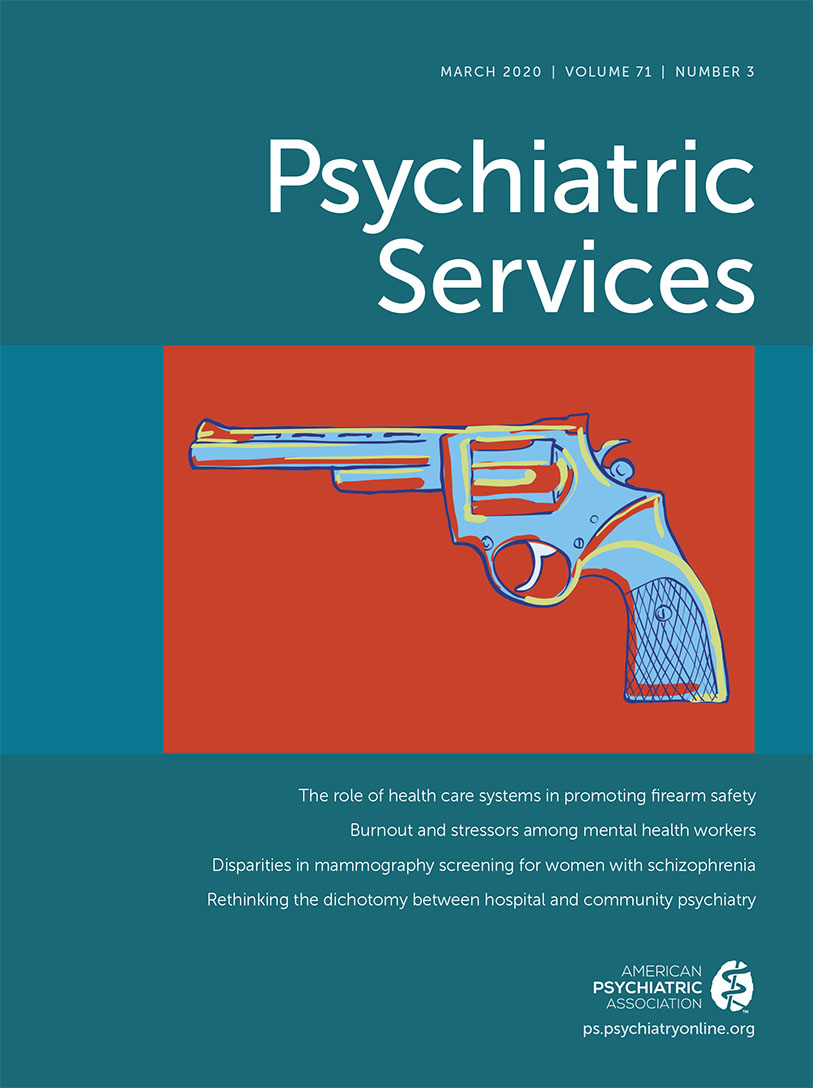Effectiveness of Peer-Supported Computer-Based CBT for Depression Among Veterans in Primary Care
Abstract
Objective:
This study tested whether computerized cognitive-behavioral therapy for depression supported by a peer specialist with lived experience of depression (PS-cCBT) improves mental health–related outcomes for primary care patients.
Methods:
In the U.S. Department of Veterans Affairs, primary care patients with a new diagnosis of depression (N=330) were randomly assigned to 3 months of PS-cCBT or a usual-care control condition. Linear mixed-effects models were used to assess differences in depression symptoms, general mental health status, quality of life, and mental health recovery measured at baseline and 3 and 6 months.
Results:
In adjusted analyses, participants who received PS-cCBT experienced 1.4 points’ (95% confidence interval [CI]=0.3–2.5, p=0.01) greater improvement in depression symptoms on the Quick Inventory of Depression Symptomatology–Self Report at 3 months, compared with the control group, but no significant difference was noted at 6 months. PS-cCBT recipients also had 2.6 points’ (95% CI=0.5–4.8, p=0.02) greater improvement in quality of life at 3 months on the Quality of Life Enjoyment and Satisfaction Questionnaire Short Form and greater improvement in recovery on the Recovery Assessment Scale at 3 months (3.6 points; 95% CI=0.9–6.2, p=0.01) and 6 months (4.5 points; 95% CI=1.2–7.7, p=0.01).
Conclusions:
PS-cCBT is an effective option for improving short-term depression symptoms and longer-term recovery among primary care patients newly diagnosed as having depression.



